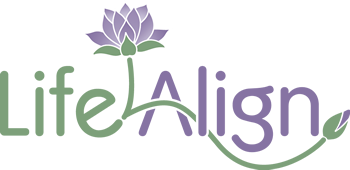
Managing Disappointment
Managing Disappointment

I believe most of life’s difficulties are caused by our trouble managing disappointment. Challenging feelings like impatience, annoyance, anger, fear, sadness – can all arise out of our failure to manage disappointment.
What we want to happen, doesn’t. Dreams seem ever distant and unreachable. A marriage feels out of sync with your heart. Communications don’t land. Someone dies – you are shattered. Your partner leaves you for someone else or a job or another part of the country.
Or the smaller ones – the soup is cold, the holiday gifts don’t arrive on time, you miss the green light or lose your sunglasses.
Both profound and trivial, the disappointments roll in. We might know on one level that everything changes and there is no set way that life is supposed to go. But we live as if things will go our way and our emotional worlds careen when they don’t. This creates havoc internally and with our partners, friends and family – collisions of strategy and coping.
The larger “disappointments” are enormous losses with uninvited transitions, and we experience deep sadness. For the smaller ones, we misbehave.
It can be helpful to go through a day and notice small disappointments to catch our emotional reactions. This opens room for us to act more skillfully. Knowing the source of our upset creates a new opportunity.
We can take it one step further, noticing non-disappointment, and pay attention to what is working and what that feels like. We get to observe and feel both sides. More clarity. More freedom.







